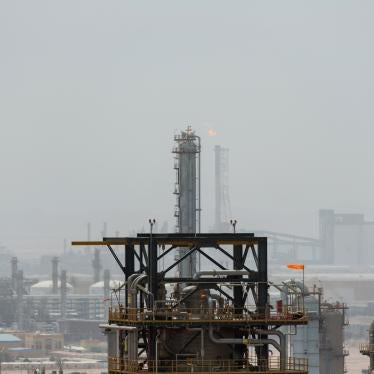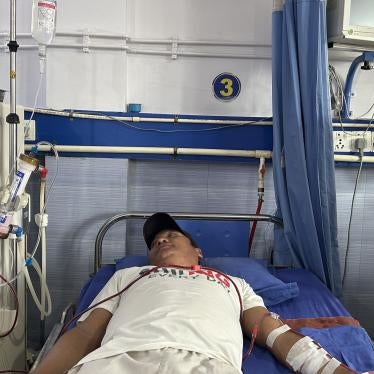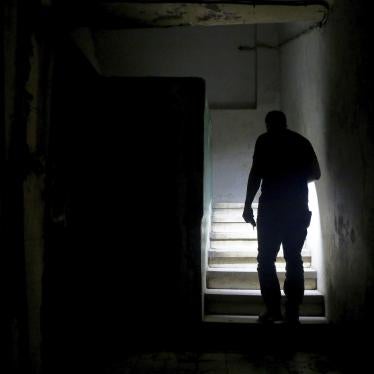Upon the opening of the 28th annual United Nations Climate Change Conference (COP28) in the United Arab Emirates (UAE) on Thursday, delegates were immediately met with a suffocating heat lingering in the outdoor badge collection line snaking through Expo City Dubai.
Event security handed out water to the mostly shaded attendees waiting to enter the air-conditioned “Blue Zone” area, where global climate negotiations will take place over the next two weeks.
Standing for up to an hour in the strong November heat in Dubai, when temperatures can reach up to 30 degrees Celsius (86 degrees Fahrenheit), is an apt way to begin a climate conference that hopes to achieve a commitment to phase out fossil fuels that are increasing temperatures globally.
But instead, imagine it is July or August, when temperatures this year exceeded 50 degrees Celsius (122 degrees Fahrenheit). And rather than wait in line, imagine delegates are required to labor without shade or water.
This is the experience of the UAE’s migrant workers, who form 88 percent of the population and often occupy outdoor positions in physically strenuous jobs like construction.
The UAE has failed to protect workers from the dangers of extreme heat, relying on arbitrary, pre-defined midday work bans in summer months instead of more effective risk-based standards, such as the Wet Bulb Globe Temperature (WBGT) index, or applying evidence-based guidelines that impose work stoppages when conditions become dangerous.
Extreme heat is a serious health hazard. It can be fatal or have lifelong consequences. Some employers still outright defy the bans, including recently documented noncompliance cases at COP28 construction sites.
The UAE is essentially externalizing climate risks to migrant workers, who are disproportionately exposed to extreme heat, without ensuring adequate protections and by sending workers facing serious health harms home without remedy. Workers we spoke with told us that “the air is hot as fire” and “our clothes become so hot they burn.”
Government representatives at COP28 should not forget their discomfort once they enter the air-conditioned venue. Instead, they should urge the UAE, as the conference’s host, to enforce better heat protections and ensure occupational heat protections are a key topic on the conference agenda.








